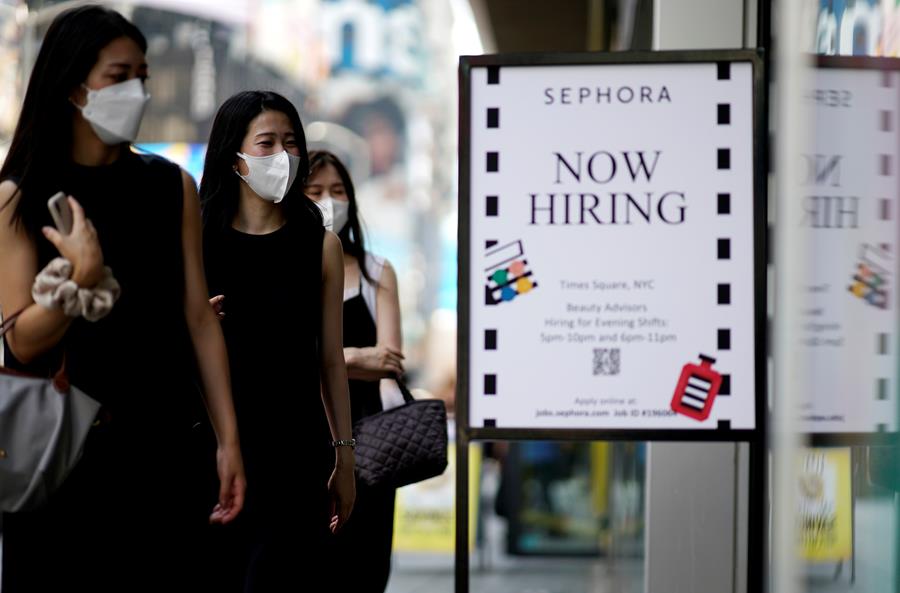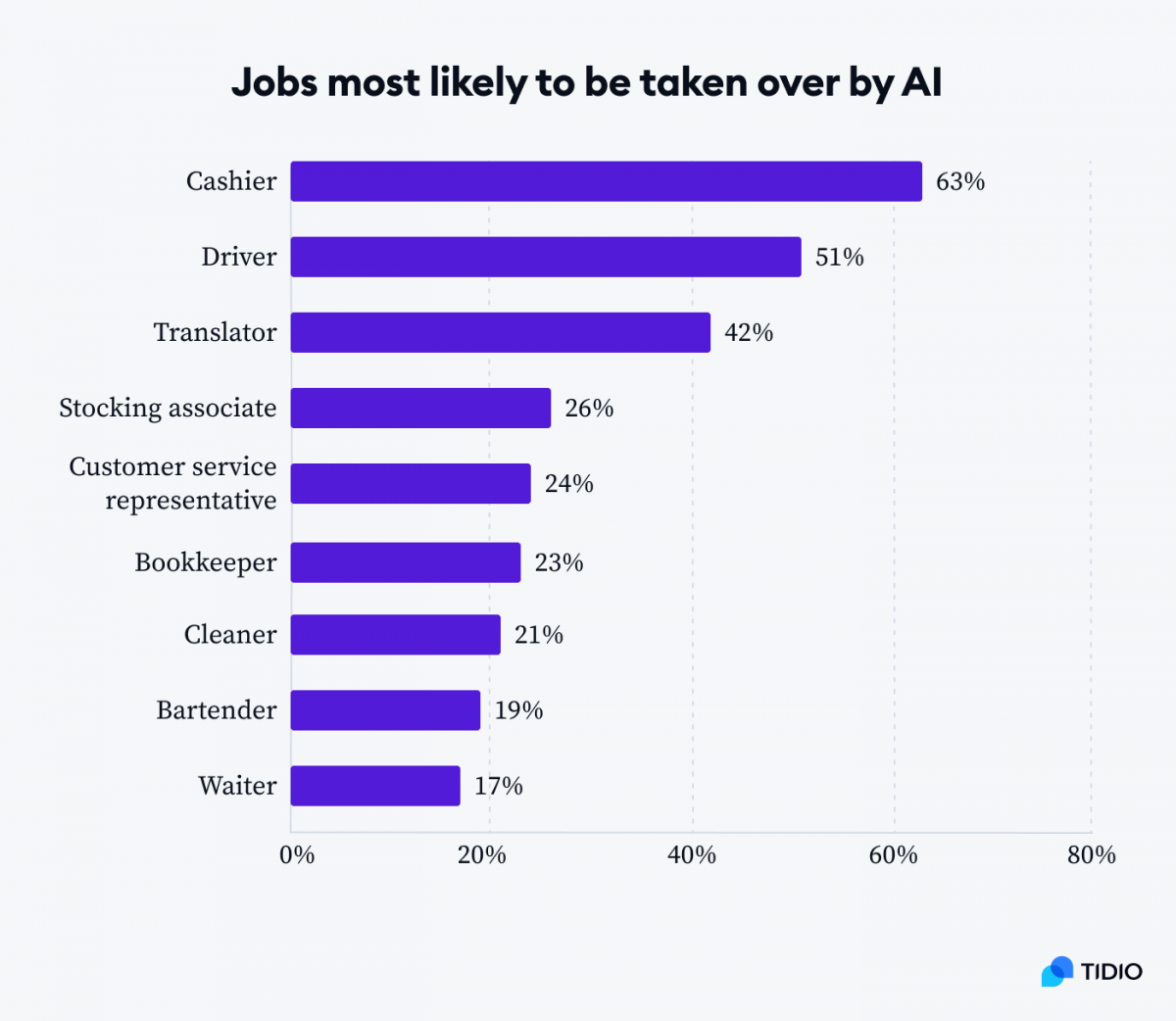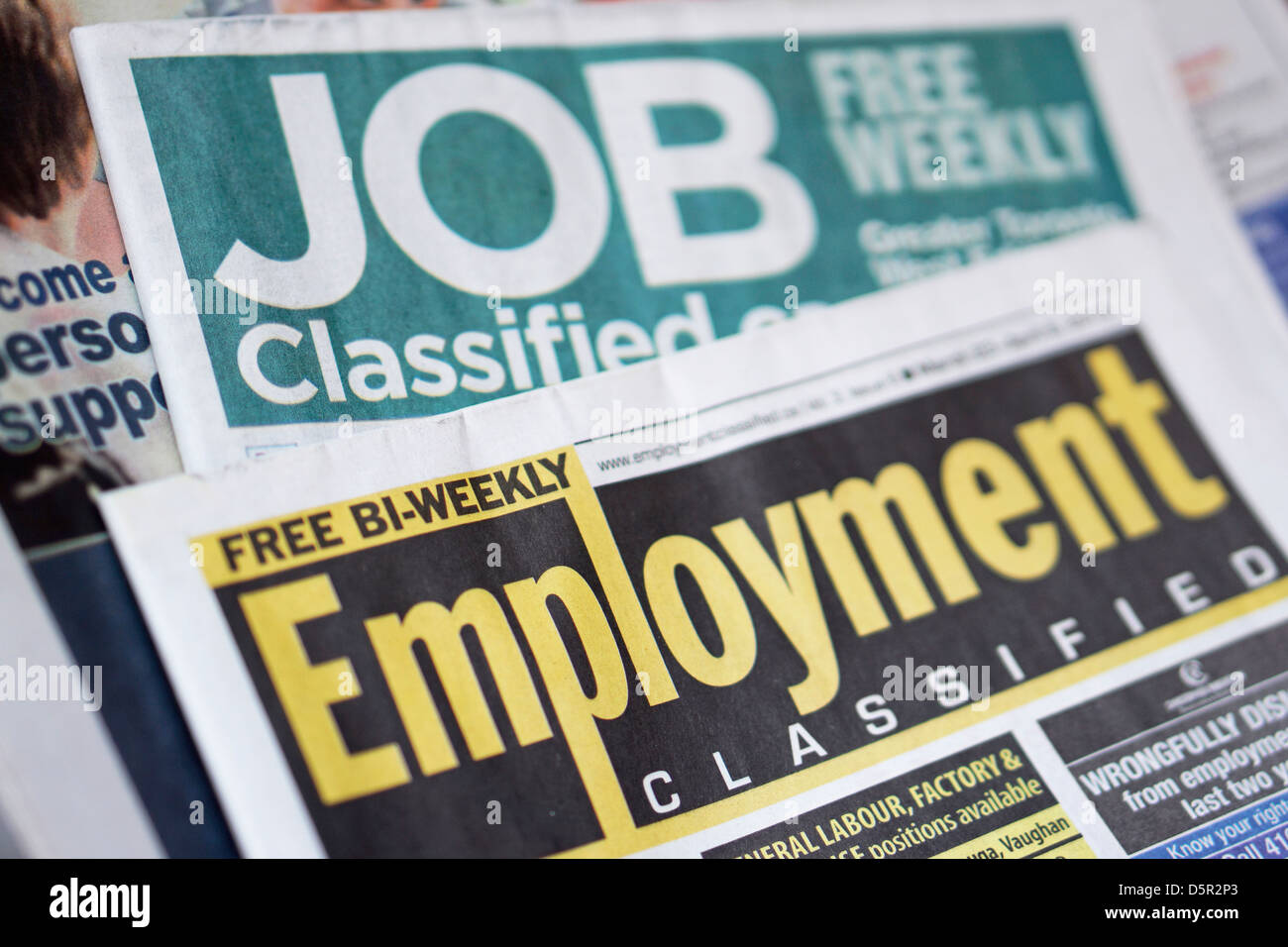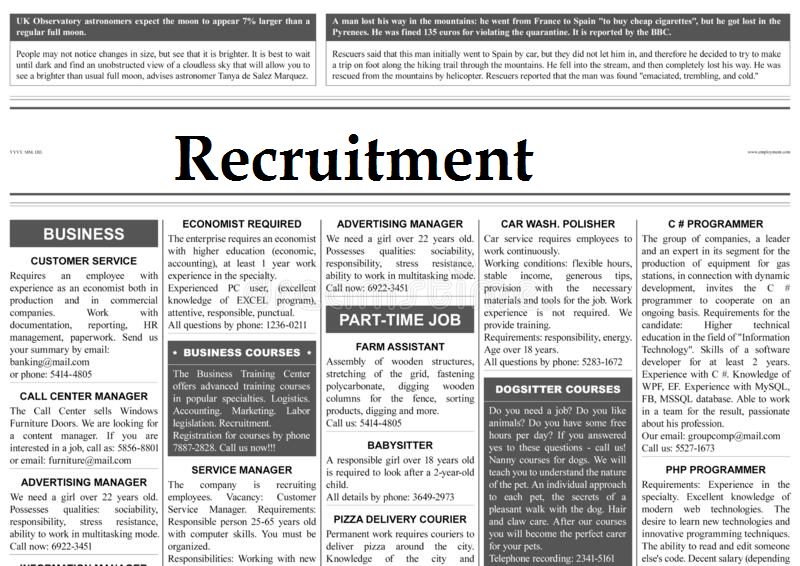Table of Contents
- GULF JOB VACANCIES NEWSPAPER April 1, 2025
- Find the Right Career for You By Taking This Personality Test - Youth ...
- A Read into the World Economic Forum Future of Jobs 2023 Report: Key ...
- U.S. Added 143,000 Jobs in January, Unemployment Rate Dips to 4% Amid ...
- How AI is helping to identify skills gaps and future jobs | World ...
- Leet | Tízből négyen simán szexelnének egy humanoid robottal
- Jobs Employment Classifieds Newspaper, Ontario, Canada Stock Photo - Alamy
- Newspaper Ads: A Key Player in Job Vacancy Announcements - releaseMyAd ...
- Cities where foreign firms create the most jobs
- AI and Employment Revolution: Navigating the Impact of Artificial ...


The jobs report, released by the Bureau of Labor Statistics (BLS), showed that the unemployment rate remained steady at 4.1%, a 17-year low. The addition of 228,000 new jobs in the last month is a significant increase from the 170,000 jobs added in the previous month. The growth in jobs was seen across various industries, including healthcare, manufacturing, and construction. The healthcare sector added 31,000 jobs, while manufacturing added 31,000 jobs, and construction added 24,000 jobs.


Industry-Wise Job Growth


- Healthcare: 31,000 new jobs added, with a focus on ambulatory healthcare services and hospitals.
- Manufacturing: 31,000 new jobs added, driven by growth in the production of durable goods.
- Construction: 24,000 new jobs added, with a focus on residential and commercial construction.

Despite the positive job growth, the report also highlighted the sluggish wage growth. The average hourly earnings for production and nonsupervisory employees increased by only 2.5% over the past year, which is a concern for many economists. The slow wage growth has been a persistent issue in the US economy, and it may impact consumer spending and overall economic growth.


Impact on the Economy

- Reduced Consumer Spending: Slow wage growth may lead to reduced consumer spending, which can impact economic growth.
- Increased Income Inequality: The slow wage growth may exacerbate income inequality, as higher-income earners may see larger wage increases.
- Monetary Policy: The Federal Reserve may take the slow wage growth into account when making decisions on interest rates.
The US economy has been experiencing a period of steady growth, with the GDP increasing by 3.2% in the third quarter of 2017. The job market has been a key driver of this growth, with the economy adding over 2 million jobs in the past year. However, the slow wage growth remains a concern, and policymakers will need to address this issue to ensure that the benefits of economic growth are shared by all.
In conclusion, the latest jobs report brings a mix of good and bad news for the US economy. While the addition of 228,000 new jobs is a positive sign, the stagnant wage growth is a concern. Policymakers will need to address this issue to ensure that the benefits of economic growth are shared by all. As the economy continues to grow, it is essential to monitor the job market and wage growth to ensure that the US economy remains on a path of sustainable growth.The US economy is expected to continue growing in the coming months, driven by strong consumer spending and business investment. However, the slow wage growth may impact the pace of growth, and policymakers will need to take this into account when making decisions on monetary policy.
